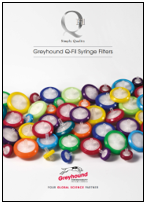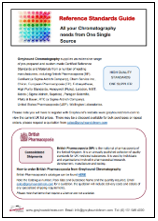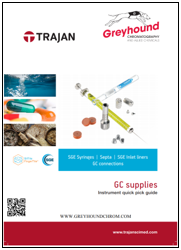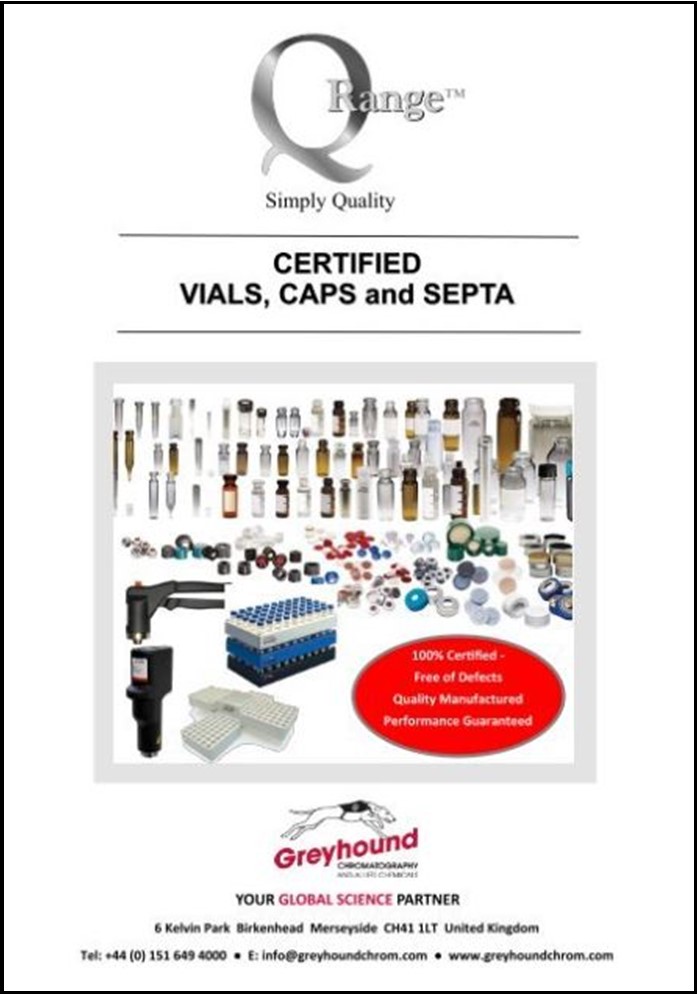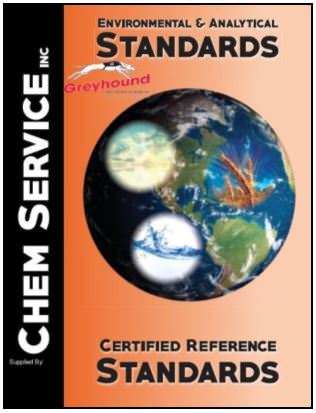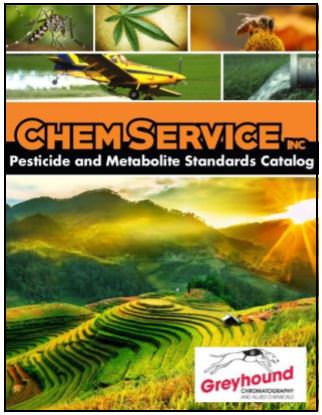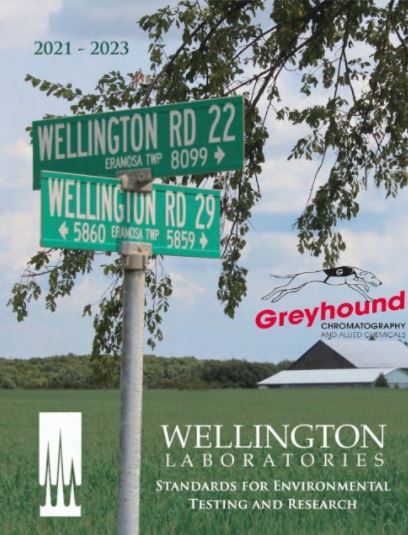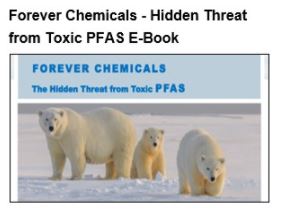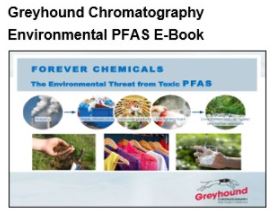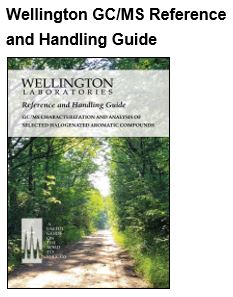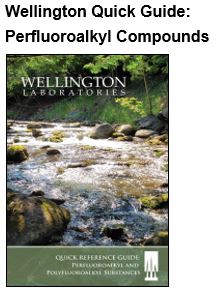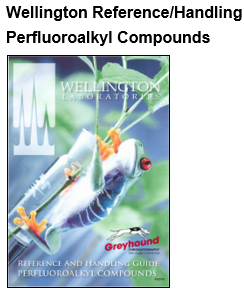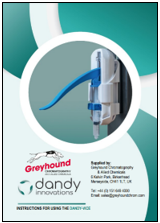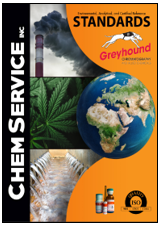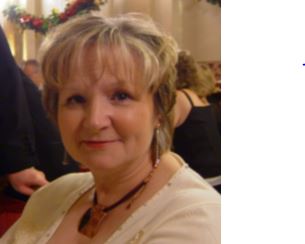NUS Researchers Turn Plastic Bottle Waste into Ultralight Supermaterial
World's first PET aerogels cut plastic waste and are suitable for heat and sound insulation, oil spill cleaning, and carbon dioxide absorption

From left: Khac Duyen Le; Leung Hoe Inn, Ryan; professor Nhan Phan-Thien; associate professor Hai Minh Duong; Dr. Xiwen Zhang
Researchers from the the National University of Singapore (NUS) have made a significant contribution toward resolving the global issue of plastic waste by creating a way to convert plastic bottle waste into aerogels for many useful applications.
Plastic bottles are commonly made from polyethylene terephthalate (PET), which is the most recycled plastic in the world. The PET aerogels developed by the NUS-led research team using plastic bottle waste—a world first—are soft, flexible, durable, extremely light, and easy to handle. They also demonstrate superior thermal insulation and strong absorption capacity. These properties make them attractive for a wide range of applications, such as for heat and sound insulation in buildings, oil spill cleaning, and also as a lightweight lining for firefighter coats and carbon dioxide absorption masks that could be used during fire rescue operations and fire escape.
This pioneering work was achieved by a research team led by associate professor Hai Minh Duong and professor Nhan Phan-Thien from the Department of Mechanical Engineering at NUS Faculty of Engineering. The technology to produce PET aerogels was developed in collaboration with Dr Xiwen Zhang from the Singapore Institute of Manufacturing Technology (SIMTech) under the Agency for Science, Technology and Research (A*STAR).
Recycling plastic bottle waste
Plastic waste is toxic and non-biodegradable. Such waste often ends up in oceans and landfills, affecting marine life and causing problems such as groundwater contamination and land scarcity. Globally, the annual consumption of plastic bottles has been rising steadily, and it is expected to exceed half a trillion tons per year by 2021.
"Plastic bottle waste is one of the most common type of plastic waste and has detrimental effects on the environment. Our team has developed a simple, cost-effective, and green method to convert plastic bottle waste into PET aerogels for many exciting uses. One plastic bottle can be recycled to produce an A4-sized PET aerogel sheet. The fabrication technology is also easily scalable for mass production. In this way, we can help cut down the harmful environmental damage caused by plastic waste," said Duong.
Versatile PET aerogels
The research team took two years (from August 2016 to August 2018) to develop the technology to fabricate PET aerogels. This work was published in the scientific journal Colloids and Surfaces A in August 2018.
"Our PET aerogels are very versatile. We can give them different surface treatments to customize them for different applications. For instance, when incorporated with various methyl groups, the PET aerogels can absorb large amounts of oil very quickly. Based on our experiments, they perform up to seven times better than existing commercial sorbents, and are highly suitable for oil spill cleaning," added Nhan.
Another novel application is to harness the heat insulation property of the PET aerogels for fire safety applications.
Existing firefighter coats are bulky and they are often used with other breathing and safety equipment. This could take a toll on firefighters, especially during extended operations.
When coated with fire retardant chemicals, the novel lightweight PET aerogel demonstrates superior thermal resistance and stability. It can withstand temperatures of up to 620 degree Celsius—this is seven times higher than the thermal lining used in conventional firefighter coats, but weighs only about 10 percent of the weight of conventional thermal lining. The soft and flexible nature of the PET aerogel also provides greater comfort.
Nhan explained, "By adopting PET aerogels that are coated with fire retardants as a lining material, firefighter coats can be made much lighter, safer and cheaper. It is also possible to produce low-cost heat-resistant jackets for personal use."
When coated with an amine group, the PET aerogel can quickly absorb carbon dioxide from the environment. Its absorption capacity is comparable to materials used in gas masks, which are costly and bulky. To illustrate this application, the team embedded a thin layer of PET aerogel into a commercial fine particle mask to create a prototype mask that can absorb both dust particles and carbon dioxide effectively.
Nhan said, "In highly urbanized countries like Singapore, the carbon dioxide absorption masks and heat-resistant jackets made using PET aerogels can be placed alongside fire extinguishers in high-rise buildings to provide added protection to civilians when they escape from a fire."
"Masks lined with amine-reinforced PET aerogels can also benefit people living in countries such as China, where air pollution and carbon emission are major concerns. Such masks can be easily produced, and can also potentially be made reusable," added Duong.
NUS researchers are also looking into making simple surface modification to the PET aerogels for absorption of toxic gases such as carbon monoxide, which is the deadliest component of smoke.
In their earlier work, the research team had successfully converted paper and fashion waste into cellulose and cotton aerogels respectively. Coupled with this latest innovation involving the recycling of plastic bottle waste into aerogels, the NUS team was recently awarded first place in the Sustainable Technologies category of the 2018 Create the Future Design Contest by Tech Briefs.
Next steps
The research team has filed a patent for its novel PET aerogel technology, and will continue to enhance the performance of the PET aerogels and explore new applications. The NUS researchers are also keen to work with companies to bring the technology to market.
CREDIT: NATIONAL UNIVERSITY OF SINGAPORE
CONTACT US
Tel: +44 (0) 151 649 4000
Email: marketing@greyhoundchrom.com
FOLLOW US
YOU MAY ALSO BE INTERESTED IN OUR NEWSLETTER
About The Author
Susan Massie, Sales & Marketing Director, Greyhound Chromatography and Allied Chemicals Email: sue@greyhoundchrom.com
Susan Massie is the Sales & Marketing Director for Greyhound Chromatography and Allied Chemicals, affectionately known as 'Greyhound' in our scientific community. Greyhound was founded by Susan's husband Paul Massie almost 40 years ago, Susan hasn't been in the business for all of that time but has been involved with Greyhound for over 17 years. Greyhound continues to grow, expanding into new markets and taking on the challenges of our ever changing environment. It's heartwarming to witness the world waking up to the fact that we are damaging our planet on a daily basis. Every action we take has a direct effect on our planet and the world we leave behind for future generations. Susan is passionate about climate change and is happy to work in an industry that can have a direct effect on reducing the impact of our actions on the environment. All of the team at Greyhound take our responsibilities very seriously, the products that we supply are used by the world's leading scientists and chemists as they endeavour to monitor and repair the environment. All is not lost, if we all take responsibility for our actions, from reducing our waste and reusing or recycling our material collateral we can make a difference. The internet is full of useful advice and guidance, Susan is proud to contribute to that wealth of knowledge whenever she can.
Greyhound prides itself on personal service which provides prompt, efficient, cost-effective, safe delivery of all products. Greyhound provides technical advice and distribution of Certified Reference Standards and Materials, Laboratory Consumables, Solvents and Reagents across all scientific disciplines. Greyhound Chromatography offers over 1 Million products from its UK warehouse. The team at Greyhound are proud to support the work of the world's leading scientists and chemists as they challenge the abuse of our planet and try to make a difference to the world we leave behind for our ancestors.
You can view Susan's Linked In Profile here https://www.linkedin.com/in/susan-massie-79ab4121/


